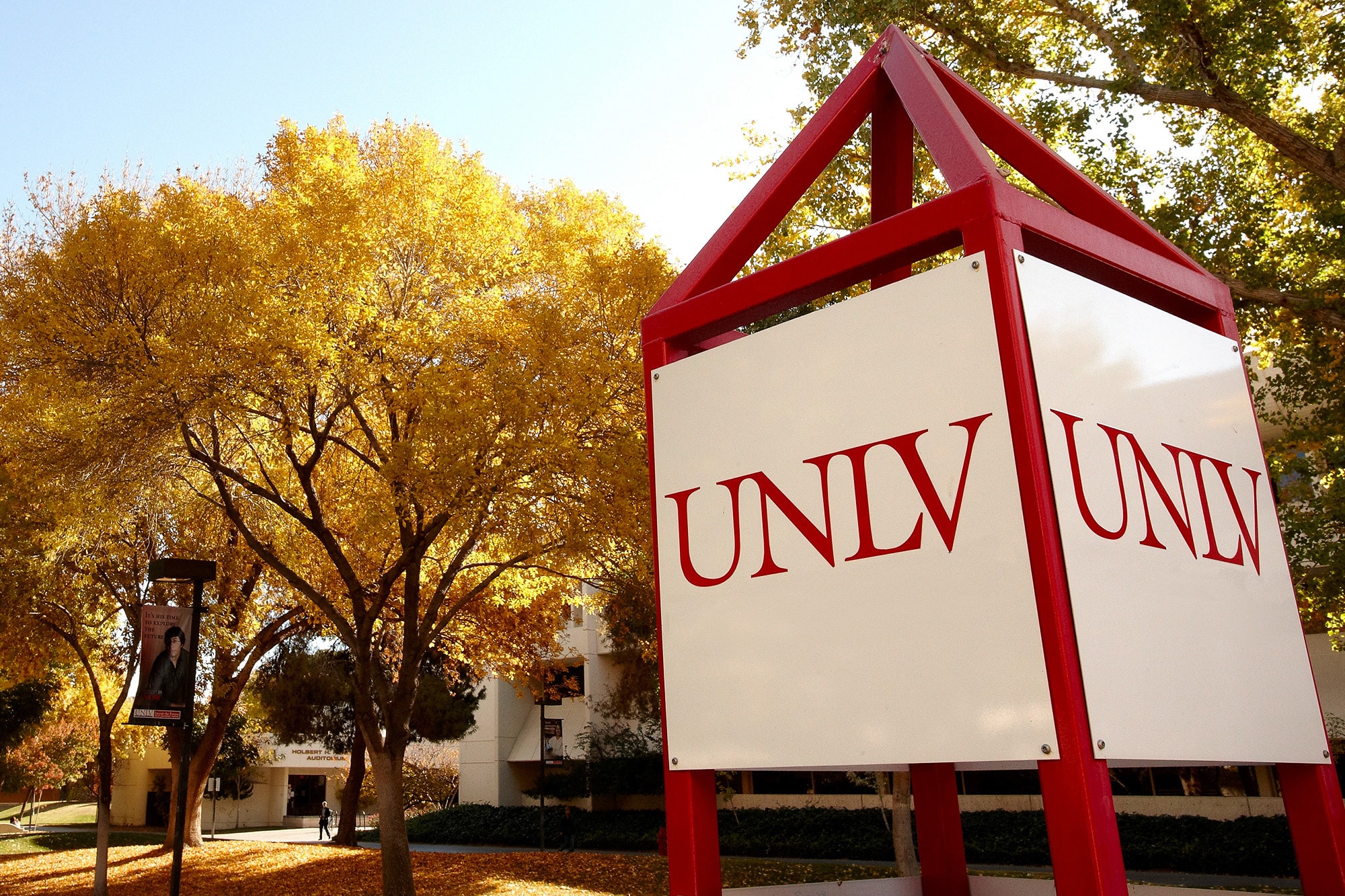Nuclear research scientists from around the world will attend a conference Nov. 9-11 at UNLV to discuss economical and environmentally sound alternatives to storing spent nuclear fuel in deep geological repositories like Yucca Mountain.
The 8th annual Actinide and Fission Product Partitioning and Transmutation Meeting, being held at UNLV's Harry Reid Center for Environmental Studies, will explore new state-of-the-art developments in the field of partitioning and transmutation. Experts in the field expect partitioning and transmutation (P&T) technologies to be critical in addressing future nuclear fuel cycles.
The goal of partitioning and nuclear transmutation is to transform some of the most dangerous materials in used nuclear fuel (plutonium and other fissile materials) into safer, more stable, low-level waste, which could then be more easily managed, recycled, eliminated, or harnessed for other applications.
The meeting will begin Nov. 9 with presentations on national and international programs focused on partitioning and transmutation, followed by technical sessions covering the following five topics: P&T systems and waste management; partitioning technology; fuels for transmutation devices; transmutation, general; transmutation, ADS.
Poster and summary sessions will be held Nov. 10-11, during which reviews and findings of each technical session will be presented. Finally, a panel discussion on strategic issues will be held the afternoon of Nov. 11, followed by a summary and closing session.
This meeting is free, but pre-registration is required. Additional details, including a meeting agenda and registration information, are available at http://www.nea.fr/html/pt/iempt8/index.html. For more information, call Anthony Hechanova, director of UNLV's Nuclear Transmutation Program, at 895-1457.
The meeting is being sponsored the U.S. Department of Energy, the International Atomic Energy Agency, the European Commission, and UNLV.
UNLV's Transmutation Research Program (TRP) was established in 2001 with a $3 million grant from the U.S. Department of Energy and is a multidisciplinary effort to address the ecological and economical management of the country's used nuclear fuel. Spanning six departments in three colleges and involving more than 30 faculty members and 40 graduate students, the TRP is one of the most ambitious research efforts in the university's history. The long-term goals of the TRP program are to increase the university's research capabilities, attract students and faculty of the highest caliber, and to address one of the nation's most pressing technological and environmental problems.



